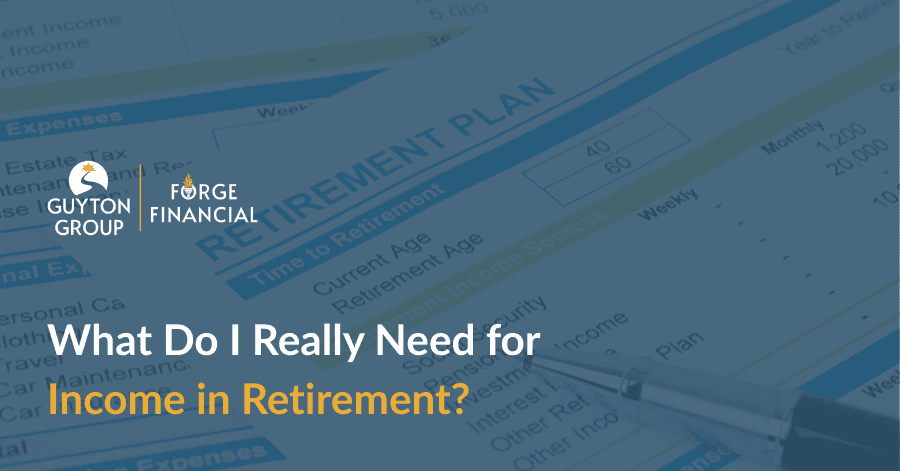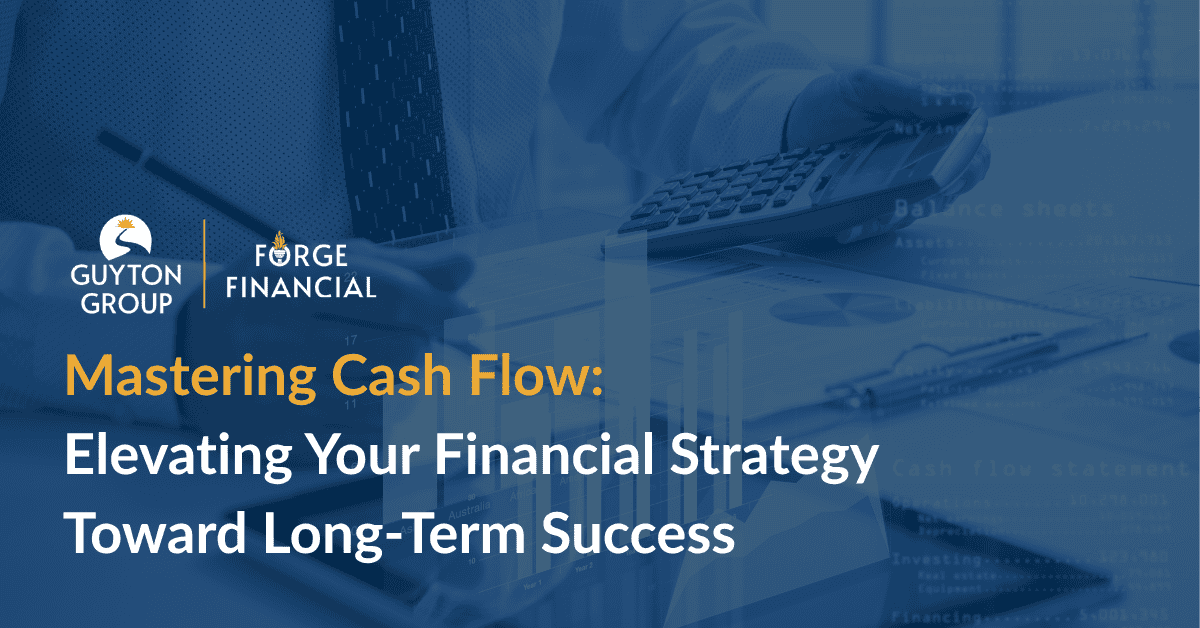No one wants to pay more taxes than necessary, so here at Guyton Forge, we encourage people to implement smart tax planning strategies. This includes both income and estate tax planning. Tax efficient investment strategies for investments outside of a tax deferred plan can add significantly to your return over time. Finally, there are retirement income strategies that reduce taxes, such as annuities, use of principal, and life insurance tactics.
The Importance of Tax Deferred Pension Plans
First, consider tax deferred plans, such as a 401K, IRA and a pension plan, particularlyif you own your own business. While pension plans are less common today than they used to be, they can be a very attractive tax reduction strategy. You might be surprised at how much money you can put into a plan. This helps you avoid paying taxes on this money for many years, until it is paid as income. If you have access to 401K plans and IRAs, it allows you to do the same thing; however, the amounts that you can put into those 401K plans and IRAs are limited. That’s why, if you own a business, you might look at a custom pension plan – in addition to a 401K or IRA – because you can put more money into it. Also, the addition of a pension plan won’t just reduce your taxes, it will make it easier to successfully exit your business on favorable terms.
Keep in mind that tax planning strategies can help you save more for retirement. People who are over 50, whose kids are out of college, might be looking for ways to save for retirement now that they have met some of their biggest expenses, such as college. They might not instinctively think of tax strategies as something that can help them save more money, but this can be a tremendously helpful way to save more for retirement.
Make Tax Efficient Investments
Another important strategy is efficiency with your investments relative to taxes. With proper planning, you can arrange your portfolio to be tax efficient. It may be possible to increase your rate of return as much as 1% if you set it up correctly. Understand that some investments, like individual stocks, bonds, or ETFs, are better than others, such as traditional mutual funds, relative to tax efficiency in a portfolio. Individual securities allow for tax loss harvesting to offset gains, for example.
There’s no “one-size-fits-all” solution that allows people to identify which investments would be better in terms of tax efficiency. It depends on each person’s facts and circumstances. You may have the opportunity to improve the rate of return on your portfolio, so definitely take advantage of that.
In addition to portfolio strategies, there are other options, such as insurance-based products, that have tax advantages. These can be very powerful over the course of your lifetime. These products not only defer taxes but also allow you to spend the principal in your retirement. Spending principal is extremely tax efficient.
Be Aware of Changing Estate Tax Planning Rules
Estate tax planning is also very important. Many people are aware that some of the current rules will expire at the end of 2025. If that occurs, there will be significantly more people who will have to pay Federal estate taxes. The amount they will have to pay may also increase dramatically. Therefore, if your facts and circumstances warrant, you should be looking at strategies to reduce estate taxes. You can do this by contemplating gifting strategies, charitable donations, and other techniques to transfer asset appreciation out of your estate.
Charitable strategies are very effective because they not only create deductions from your estate but can also offer current income tax savings. For example, if you have a highly appreciated asset, you can gift it to a charitable entity, which creates a current income tax deduction and allows you to defer capital gains taxes in certain situations and invest the proceeds tax-free.
There are techniques that transfer appreciating assets out of your estate, which eliminate taxes on the appreciation.
All these strategies can be combined very effectively, particularly if you’re looking to sell or transfer a business within your family.
Work with a Financial Advisor to Customize Your Strategies
There are probably things you haven’t considered that you could be doing. So, it’s essential to work with a financial advisor to make sure you evaluate every available tax strategy that makes sense for you. Your advisor can make personalized recommendations based on your facts and circumstances and help you implement the strategies that make the most sense.
For business owners, think about tax strategies well in advance of exiting your business. Work with your financial advisor on how to structure this. For example, you can structure the exit from your business to avoid the need to pay income tax twice. This often occurs with traditional exit strategies. A beneficial tactic is to structure payments so they’re subject to less taxes or are taxed only once.
Furthermore, you can structure the character of payments from the business so that they’re either tax-free, subject to capital gains taxes only, or ordinary income tax. The pension planning that we mentioned earlier can also be part of your exit plan. In the years prior to retiring, you can put excess money into the deductible plan. This will allow you more flexibility in selling the business because you have more assets on your personal balance sheet vs. being trapped in the business.
Why You Need Strategy Allocation
You really need strategy allocation to reduce risk and increase flexibility. Have guaranteed income streams, whether that’s from annuities, Social Security, pensions, or a combination of things. You also want to have money that’s exposed to market growth to help offset inflation. And always have some cash available for emergencies.
Planning income strategies is an example. You want guaranteed income each month, regardless of what happens to the market. That could be a from a pension, social security, rental properties, or money related to the sale of a business. It’s crucial to diversify and not put all of your eggs in one basket.
Since everyone’s situation, income needs, and risk tolerance are different, it’s veryimportant to work with a financial professional to develop a customized strategy for your specific needs and goals. If you’re looking for a financial advisor, let’s talk about how the Guyton Forge team can help you achieve – and exceed! – your financial goals.
At Guyton-Forge, we offer the experience of a big firm with a small town feel. We customize our approach (and our advice) to meet each client’s specific situation, needs, and goals. We’re proud to do things differently – it’s part of what sets us apart as a friendly, high touch practice. We offer extensive experience and knowledge, creating strong, long-term relationships with our clients.






